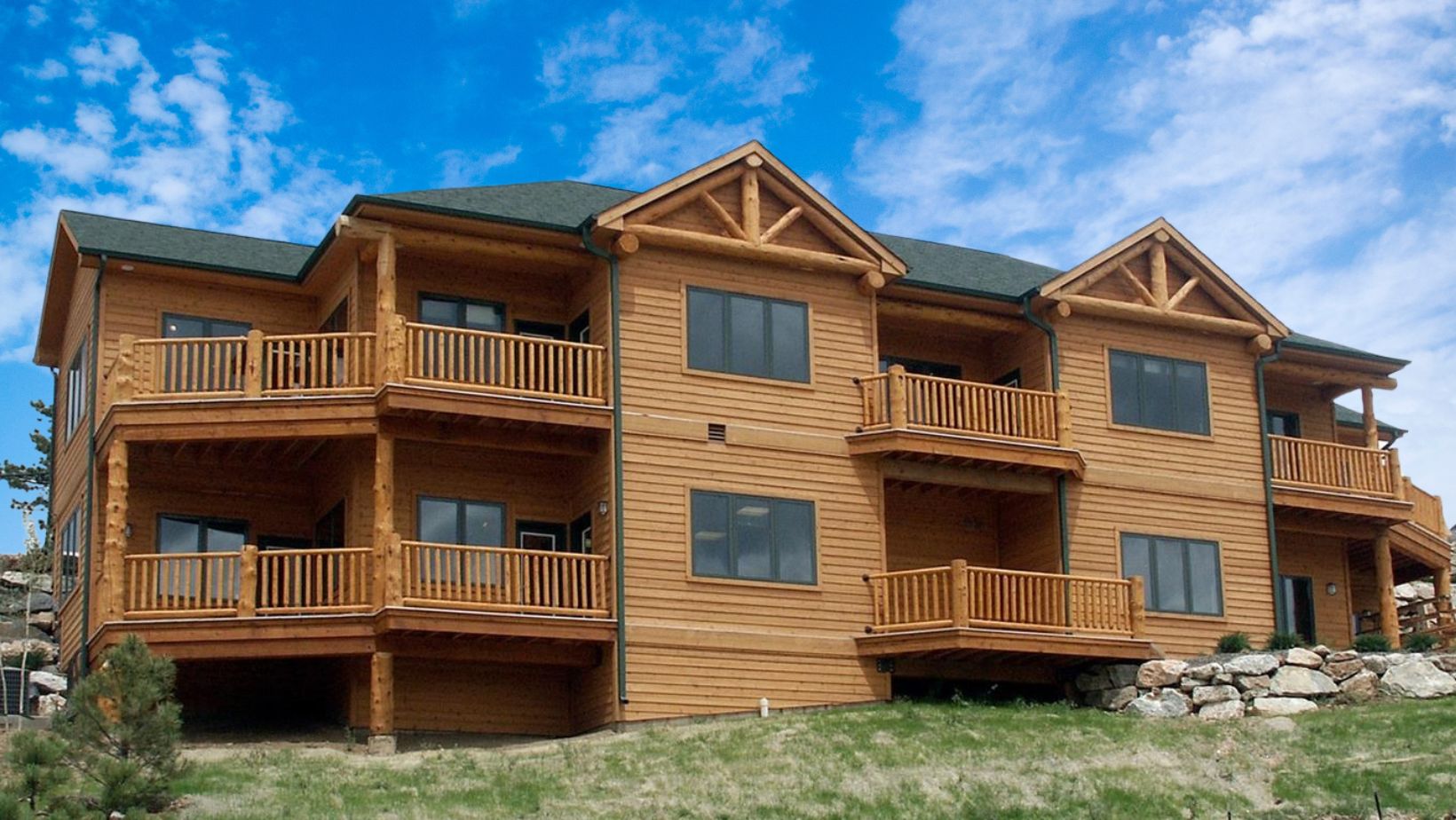
Colorado HB23-1255
In an effort to address the ongoing housing crisis in Colorado, a significant legislative change has been enacted. Governor Jared Polis has signed into law a new statute, HB23-1255, which prohibits municipalities from imposing ‘growth caps’ that restrict the pace of residential development. This legislation is a direct response to the housing constraints in cities like Golden, a community of approximately 20,000 residents west of Denver.
Colorado HB23-1255
The Golden Example
Golden has maintained stringent control over housing construction since 1995. A growth cap, approved by voters in that year to curb suburban sprawl, permits the city’s residential units to increase by merely 1% annually. Consequently, Golden is projected to permit only 88 new homes this year, a policy that not only curbs suburban sprawl but also hampers denser development.
Governor Polis’ Stance
Governor Polis expressed in a written statement, “Colorado is grappling with a housing crisis, and it is incumbent upon us all to collaborate in generating more housing opportunities for every budget in Colorado, rather than constraining them.” His stance is clear – the state needs to work together to create more housing opportunities, not limit them.
The New Law: HB23-1255
The new state law, HB23-1255, stipulates that municipalities cannot enforce laws that “explicitly limit” population growth or the number of residential units that can be approved. This is a significant shift in the state’s approach to housing and development, and it is expected to have a substantial impact on cities across Colorado.
Cities Affected
Cities potentially affected by this law, including Boulder and Lakewood, are required to comply with the new legislation by early August. This gives these cities a relatively short window to adjust their policies and procedures to align with the new state law.
The Argument for the Law
Proponents of the law argue that growth caps enable cities to evade their responsibility to construct housing. They contend that building more and denser housing will help mitigate the housing shortage and facilitate enhancements such as improved transit service. The argument is that by removing these caps, cities will be better equipped to address the housing crisis.
Senator Julie Gonzales’ View
“For me, it’s about ensuring affordability via growth and density, and for my (Republican) colleague, it’s about ensuring government doesn’t interfere with private property rights,” stated Democratic Senator Julie Gonzales, a sponsor of the bill. Gonzales’ view encapsulates the dual benefits of the law – promoting affordability and protecting property rights.
Bipartisan Support
The bill’s sponsors also included Rep. William Lindstedt of Broomfield and Rep. Ruby Dickson of Centennial. All were Democrats – but it picked up bipartisan votes in the Capitol. Republicans like Sen. Rod Pelton said that, in this case, property rights trump local control. This bipartisan support underscores the broad recognition of the need for this legislation.
Local Officials’ Concerns
However, the legislation has sparked concern among some local officials who fear losing control over growth. In Lakewood, a growth law restricts certain residential development, although it provides exemptions for “blighted” areas and affordable housing. City councilors will discuss their options at a meeting in July, according to spokesperson Stacie Oulton.
The Case of Lakewood
Councilwoman Anita Springsteen said that dense redevelopment tore apart her home neighborhood in northwest Denver, resulting in gentrification and displacement. She said that experience motivated her to support Lakewood’s “strategic growth initiative,” passed by voters in 2019. This highlights the complexities and challenges that cities face in balancing growth and community preservation.
Temporary Anti-Growth Laws
Thenew law does permit cities to enact “temporary” anti-growth laws under specific circumstances. These include during a disaster emergency, when the city is amending its land-use plans and laws, or when necessary due to infrastructure and water concerns. These temporary exemptions can only be in effect for up to two years within a five-year period.
Boulder’s Growth Cap
Boulder also has a growth cap, but city staff members said it is now obsolete. “The cap was originally intended to manage new single-family residential development that put pressure on the open space boundary,” wrote Kristofer Johnson, the city’s comprehensive planning manager, in an email to CPR News. “Most residential development activity in Boulder these days is higher density … which is exempt from the growth cap.”
Future of Boulder’s Growth Limit
A city spokesman, Carl Castillo, said the city council will probably abolish the growth limit at some point, but it’s not an “urgent need” because it no longer has any effect. This suggests that while the new state law is significant, its impact may be limited in some areas due to existing trends in development.
Practical Effect of the New State Ban
Indeed, it’s hard to say how much of a practical effect the new state ban will have. Even if a city does not have an explicit cap on growth, it can still slow development with zoning rules that limit the size and density of housing. An effort to override these local zoning rules failed in the Legislature.
Colorado Law HB23-1255
The new state law in Colorado represents a significant step towards addressing the housing crisis. By prohibiting growth caps, the law aims to encourage more housing development and provide more opportunities for residents. However, the practical impact of the law remains to be seen, and it will be interesting to observe how cities across the state adapt to this new legislative landscape.
Dan Skelly is a real estate broker/owner/agent at Orson Hill Realty in Evergreen CO. Dan is also a Realtor in Southwest Florida on Marco Island and Naples Florida
Dan Skelly Real Estate
- 1 Colorado HB23-1255
- 2 The Golden Example
- 3 Governor Polis’ Stance
- 4 The New Law: HB23-1255
- 5 Cities Affected
- 6 The Argument for the Law
- 7 Senator Julie Gonzales’ View
- 8 Bipartisan Support
- 9 Local Officials’ Concerns
- 10 The Case of Lakewood
- 11 Temporary Anti-Growth Laws
- 12 Boulder’s Growth Cap
- 13 Future of Boulder’s Growth Limit
- 14 Practical Effect of the New State Ban
- 15 Colorado Law HB23-1255



